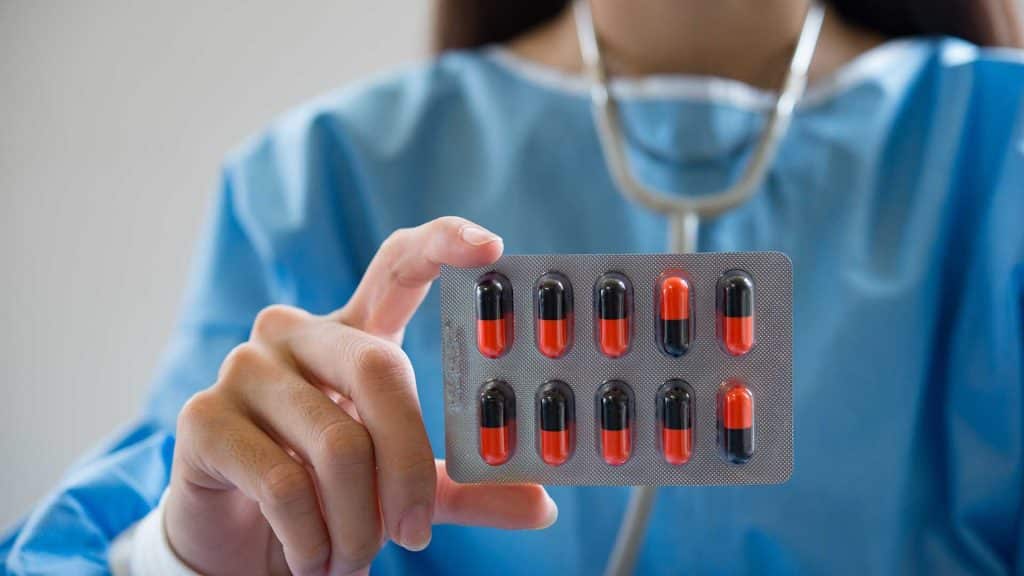What Is Gabapentin?
Gabapentin is an anticonvulsant prescription medication that is used to treat epileptic seizures, pain from shingles, diabetes nerve pain, restless leg syndrome, and more. It is typically used as part of a combination therapy and works by decreasing the brain’s sensitivity to pain.
This prescription drug comes in both brand-name and generic versions. Brand-name versions of Gabapentin include Neurontin, Gralise, and Horizant. Neurontin, specifically, is available in the form of an oral capsule. Other forms of Gabapentin include immediate-release tablets, extended-release tablets, and an oral solution.

Side Effects of Using Gabapentin
Like all prescription medications, Gabentin comes with its own set of side effects. Common side effects of Gabapentin include:
- Incoordination
- Dizziness
- Weight gain
- Drowsiness
- Fever
- Viral infection
- Trouble speaking
- Nausea
- Vomiting
- Hostility
- Irritability
- Jerky movements
These side effects shouldn’t last more than a few days. Using Gabapentin could also result in more severe side effects like changes in mood, changes in behavior, and serious allergic reactions. If you or a loved one experiences any of these side effects, you should go to the emergency room as soon as possible.
While Gabapentin may not be one of the most addictive prescription drugs, it does come with a chance of abuse. This is primarily because Gabapentin releases a euphoric sensation. Also, Gabapentin is sold illegally under the street name “gabbies” and is cut with illicit drugs like heroin. If someone uses too much Gabapentin, they could be risking even more serious complications, such as symptoms of withdrawal or overdose.
Can You Overdose on Gabapentin?
Treating An Overdose
Preventing Overdose and Using Gabapentin Responsibly
The primary way to prevent a Gabapentin overdose is to use it according to dosage and to only take it if it was personally prescribed to you. Individuals who have a prescription to Gabapentin should tell their doctor before stopping use and should not stop or decrease usage suddenly. If you have a prescription to Gabapentin but experience negative side effects, an alternative prescription or over-the-counter medication may be a better option for you. Gabapentin should be taken with water, with or without food. Do not combine Gabapentin with alcohol or illicit substances.
To learn more about an overdose from Gabapentin and similar prescription, contact our team of substance abuse specialists by giving us a call at (866)-345-2147.



